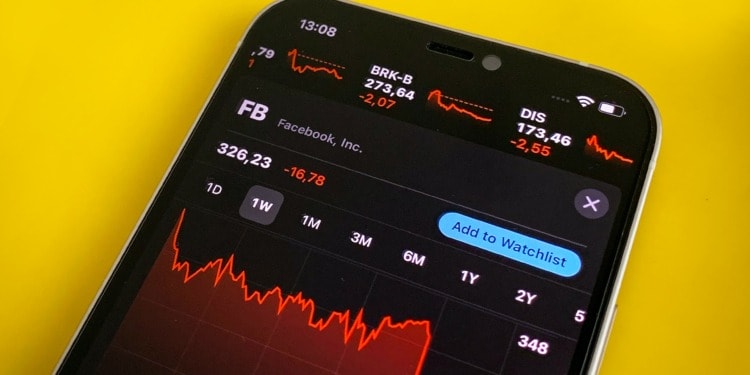Yesterday, Wall Street indexes and stocks experienced a significant downturn following the decision of credit rating agency Fitch Ratings to downgrade the credit recommendation of the United States government.
The rating was downgraded from ‘AAA’ to ‘AA+’, citing “a steady deterioration in standards of governance” as the primary reason behind the decision. This move came after lawmakers engaged in negotiations up until the last minute on a debt ceiling deal earlier this year, which risked the nation’s first default. Additionally, Fitch Ratings also identified the January 6 insurrection as a significant contributing factor to the downgrade.
What are the Fitch Ratings?
Fitch Ratings is a credit rating agency that evaluates how viable investments are. The assessments are made using a letter system, which measures a country’s ability and willingness to honor all its financial obligations to its creditors.
They basically indicate how risky an investment is. Companies with lower ratings will issue higher debt rates, compensating for the higher risk. While a higher rating, like AAA, indicates a lower risk, making it easier for the government to borrow money at more favorable interest rates.
In other words, Fitch signals that it believes it is less likely for the US government to pay its debts. The last time the US debt suffered a downgrade by a major rating agency was in 2011 when debt ceiling negotiations were also risky.
Related Articles: How Trump Was Indicted Again And Why His Supporters Stay Unswayed | Putin Humiliated at Low Turnout at Russia-Africa Summit | What Is the BRICS Bank and Why Is It Not Considering New Projects in Russia?
How did the stock markets react?
Fitch’s downgrade is a new source of uncertainty for investors who, until now, were witnessing something close to an almost perfect year. US markets reacted swiftly to the downgrade news. The Nasdaq experienced its worst day in five months, and the Dow closed nearly a full point lower. Tech companies such as Amazon, Meta, Microsoft, Tesla, Nvidia, and Apple stocks led the market declines, as the tech sector is susceptible to interest rate changes.
The interconnectedness of global financial markets means that events in one country can reverberate worldwide. The fall in the US stock market sent shockwaves through international markets, causing fluctuations and uncertainties. The scenario was one of decline across the globe, including major indexes in Europe, Hong Kong, and even marking the worst day of the year in Japan. The S&P 500, the Dow Jones, and the Nasdaq in the US also ended in the red.
What does the future look like?
As the US faces these challenges, there is growing concern about political polarization and its potential impact on future fiscal decisions.
Nonetheless, the downgrade by Fitch serves as a blemish on the nation’s record of fiscal management. However, the Biden administration has strongly criticized Fitch’s decision, asserting that the American economy is fundamentally strong.
While the downgrade itself may not significantly impact Treasury note investments, the ongoing political chaos and debt ceiling brinkmanship raise uncertainties about the country’s financial stability.
As the US navigates through these challenges, policymakers must address concerns and work towards restoring confidence in the nation’s financial stability.
Editor’s Note: The opinions expressed here by the authors are their own, not those of Impakter.com — In the Featured Photo: A graph on a cellphone screen shows stocks decline. Featured Photo Credit: Unsplash.








